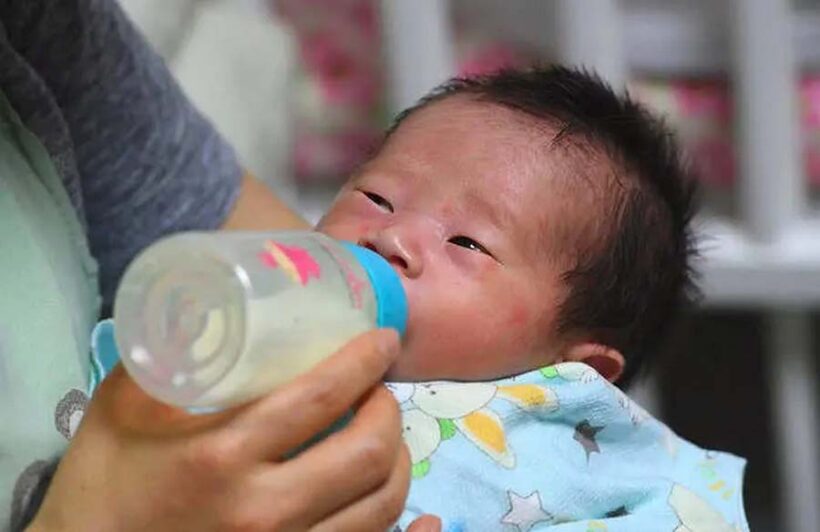In a bid to address South Korea’s declining birth rate, companies in the country are offering substantial financial incentives to encourage employees to have children.
Ssangbangwool’s Initiative
Ssangbangwool, an underwear company, recently announced plans to provide employees with significant bonuses for having children. The company will offer $22,400 for the first child, an additional $22,400 for the second child, and a substantial $30,000 for the third child. A company spokesperson emphasized the importance of overcoming the low birth rate and expressed the firm’s commitment to supporting efforts to increase the country’s fertility rate.
Booyoung Group’s Bonus Program
Following suit, Booyoung Group, a construction company based in Seoul, unveiled a similar initiative earlier this month. The company pledged to grant a $75,000 bonus per child to employees who become parents. This bonus extends to children born since 2021, and the company has already committed to disbursing $5.25 million to its workers, with at least 70 children born among its employees during this period. Importantly, both male and female employees are eligible for the bonus.
Addressing Demographic Challenges
South Korea, like many other developed nations including China and Japan, faces significant demographic challenges due to an aging population and a declining birth rate. With a national fertility rate of 0.78 in 2022, well below the replacement level of 2.1, the country is at risk of a future labor shortage and strain on healthcare resources. In response, President Yoon Suk Yeol has directed his administration to explore tax incentives and subsidies for companies that promote childbirth among employees.
Government Initiatives
The South Korean government is also taking steps to support families and encourage childbirth. In Seoul, municipal authorities are providing financial assistance to parents, offering $750 per month until their child reaches one year of age. These initiatives aim to alleviate the financial burden associated with raising children and create a more supportive environment for families.
As South Korea grapples with the complex issue of population decline, these initiatives from both the private and public sectors signal a concerted effort to address the country’s demographic challenges and ensure a sustainable future.










